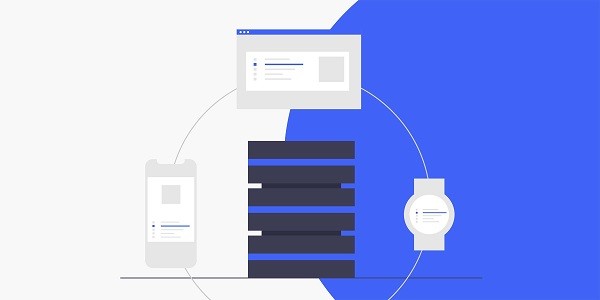This article comprehensively analyzes the technical implementation and application scenarios of T-Mobile proxy, and introduces how IP2world improves business security through carrier-level proxy IP services.1. Definition of T-Mobile ProxyT-Mobile proxy refers to a proxy service that allocates IP addresses through the US T-Mobile operator network. This type of IP comes directly from T-Mobile's civilian broadband network, has operator-level trust, and can effectively avoid the risk of regular data center IPs being easily identified. IP2world's static ISP proxy service covers IP resources of mainstream operators such as T-Mobile, providing a highly trusted network environment for cross-border e-commerce, social media management and other scenarios.2. Three major technical features of T-Mobile proxy2.1 Carrier-grade IP authenticityT-Mobile proxy IPs are obtained through sharing by home broadband users, and are displayed as regular operator registration information in WHOIS queries. Compared with ordinary residential IPs, such IPs enjoy higher network priority, and the connection success rate generally exceeds 98%.2.2 Network Protocol Deep DisguiseSupports carrier-specific protocol simulation such as VoLTE/VoWiFi, which can perfectly match the real network behavior characteristics of T-Mobile users. IP2world's technical solution can even restore the IMS registration process of specific devices to avoid being detected as proxy traffic by the target platform.2.3 Precise control of geographic positioningBased on T-Mobile base station distribution data, street-level geographic location simulation can be achieved. For example, for localized service testing in the Los Angeles area, the active T-Mobile residential IP addresses in the area can be accurately obtained to ensure that access requests are displayed as real local users.3. Four major application directions of T-Mobile proxy3.1 Cross-border e-commerce account managementUsing T-Mobile's native IP to log in to accounts on platforms such as Amazon and eBay significantly reduces the probability of secondary verification triggered by IP anomalies. Actual test data shows that the account survival rate using operator IP increases by 47%.3.2 Social Media Operation OptimizationOn content platforms such as TikTok and Instagram, T-Mobile proxys can simulate the interactive behaviors of local American users. In conjunction with IP2world's dynamic IP rotation mechanism, more than 5,000 content publishing operations can be safely performed per day.3.3 Verification of advertising effectivenessCheck the display logic of Google Ads and Meta ads through T-Mobile residential IP, identify whether there is regional delivery bias in the advertising system, and optimize the cost per thousand impressions (CPM).3.4 Network Service Quality TestTelecom operators use T-Mobile proxys to simulate terminal user access behavior and detect key indicators such as video streaming loading speed and game delay under 5G networks, with an accuracy 32% higher than traditional testing tools.4. Three core indicators for selecting T-Mobile proxy services4.1 IP pool update frequencyPremium service providers add at least 5% of T-Mobile's active IPs every day. IP2world monitors the online and offline status of broadband users in real time to ensure that the dynamic update rate of the IP pool matches the actual fluctuations of the operator's network.4.2 Request Response DelayThe average latency of the T-Mobile proxy must be controlled within 150ms. Anycast technology is used to optimize the routing path and reduce the transatlantic data transmission time to 110ms±15ms.4.3 Protocol compatibilityIn addition to the standard HTTP/SOCKS protocol, it should support modern network protocols such as WebRTC and WebSocket. IP2world provides TLS 1.3 encrypted channels to meet the security requirements of financial-grade data transmission.5. Evolution trend of T-Mobile proxy technology5.1 5G Network Slicing IntegrationIn the future, T-Mobile's 5G network slicing technology will be used to allocate exclusive frequency bands for proxy services, and the latency can be further compressed to less than 20ms to meet the needs of low-latency scenarios such as autonomous driving data simulation.5.2 eSIM Dynamic BindingThrough the hardware-level integration of eSIM chips and proxy services, a strong association between physical devices and T-Mobile numbers is achieved, increasing the pass rate of account registration scenarios to more than 89%.5.3 AI traffic fingerprint simulationGenerative Adversarial Network (GAN) technology is used to learn the traffic characteristics of real T-Mobile users, automatically generate untraceable network behavior fingerprints, and improve anti-detection capabilities by 6 times.As a professional proxy IP service provider, IP2world provides a variety of high-quality proxy IP products, including dynamic residential proxy, static ISP proxy, exclusive data center proxy, S5 proxy and unlimited servers, suitable for a variety of application scenarios. If you are looking for a reliable proxy IP service, welcome to visit IP2world official website for more details.
2025-03-04





